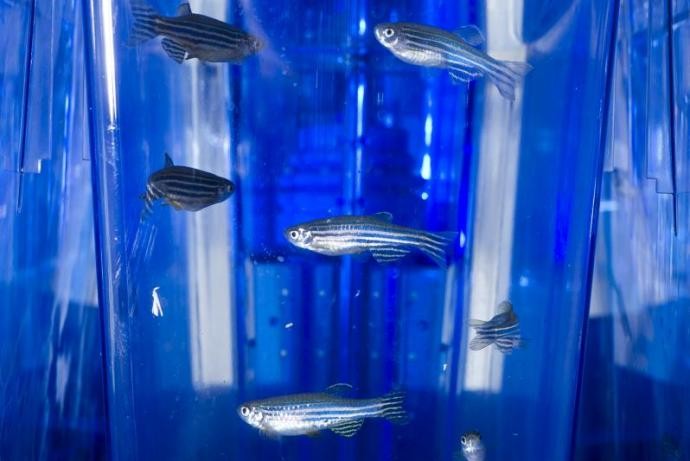Registration Details

This workshop will address the latest developments in the field of zebrafish husbandry and care, including the effects of water chemistry on zebrafish reproducibility and welfare.
It will include invited presentations from Christian Lawrence (SmartLabs), Simon MacKenzie (University of Stirling), Lynne Sneddon (University of Gothenburg), Justin Sanders (Carlson College of Vet Medicine, Oregon State University), Robert Gerlai (University of Toronto) and Carole Wilson (IAT Council member and former head of the zebrafish facility at University College London). There will be plenty of opportunities for formal and informal discussions on zebrafish welfare and reproducibility, including breakout groups and social events.
Organised with funding from the NC3Rs and support from the RSPCA Animals in Science Department.
Registration details
- Registration fee: £300 (includes lunches, evening meals and refreshments).
- Registration deadline: Friday 22 March 2024.
- Registration link.
Call for Abstracts
There is a call for abstracts for short talks and poster presentations related to any aspect of welfare and reproducibility in zebrafish research. Abstracts should be submitted by email to animalsinscience@rspca.org.uk.
Guidelines:
- Abstracts should be submitted in English. Please use Microsoft Word for Windows or Google Docs when submitting an abstract.
- Abstracts should not exceed 300 words in length, excluding the title and author details.
- Abstracts should clearly state the title, authors’ names and institutional addresses with the presenting author underlined, the email address of the presenting author and whether the submission is for an oral or poster presentation.
- Contributors are expected to register and present their work in person.
- Successful abstracts will be published in the workshop booklet. It is the responsibility of the authors to ensure the accuracy of their submission.
- By submitting an abstract, you confirm on behalf of the co-authors that the abstract is your own original work, that you have obtained necessary permissions relating to images and data, and that any work described that has used animals has been carried with any necessary approval by a local ethics committee and, if appropriate, under licence in accordance with local regulations.
